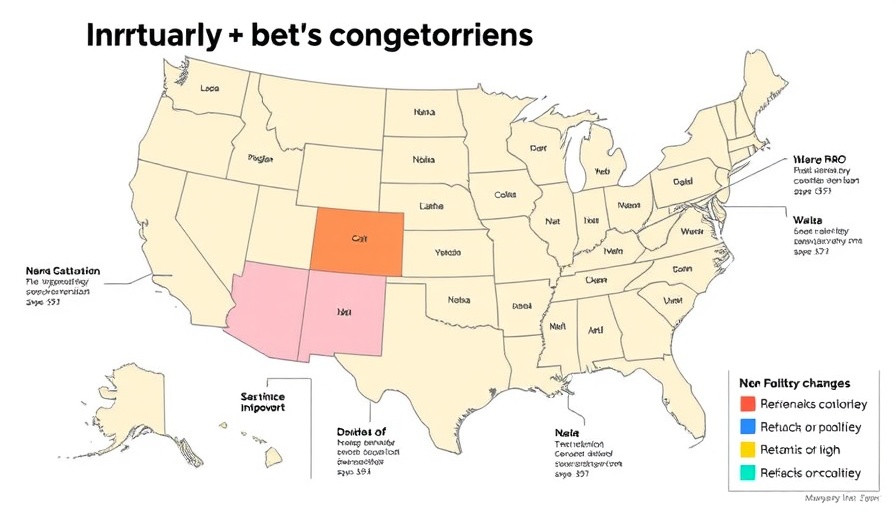
Justice Department’s Revised Approach to Sanctuary Cities
The recent action taken by the Justice Department to reduce its list of targeted sanctuary jurisdictions has sparked heated debate across the country. This decision marks a significant shift in immigration enforcement strategy, highlighting the ongoing tension between federal authorities and local governments regarding immigration policy. With a reduced list that now includes only select cities and states, the implications for both law enforcement and immigrant communities are profound and varied.
Understanding Sanctuary Jurisdictions
Sanctuary jurisdictions are areas where local authorities limit cooperation with federal immigration enforcement, often to protect undocumented immigrants from deportation. The designation of these jurisdictions has been a central issue in the immigration debate, as advocates argue it safeguards vulnerable populations while critics claim it undermines law and order. The Justice Department’s decision to target fewer jurisdictions reflects a tactical move, likely intended to focus resources more effectively.
Reactions Across the Political Spectrum
The reaction to the Justice Department’s revised list has been mixed. Supporters of stricter immigration enforcement view this change as a necessary step towards upholding immigration laws, arguing it will deter illegal immigration. Conversely, opponents, including local officials from previously identified jurisdictions, express concern that this move is politically motivated and could erode trust between immigrant communities and law enforcement. This fear highlights the emotional stakes involved, with many immigrants feeling increasingly vulnerable in a tense political climate.
Historical Context: The Sanctuary City Debate
To understand the current landscape of sanctuary jurisdictions, one must look back at the historical context surrounding this issue. The concept of sanctuary cities gained traction during the 1980s, primarily in response to the influx of refugees from Central America. Over the decades, some cities began to formalize their positions as sanctuaries, complicating federal immigration enforcement efforts.
Legal Challenges and Implications
In recent years, several states have passed laws that directly challenge the federal government's authority over immigration enforcement. The conflict between state and federal rights presents a complex legal landscape that continues to evolve. As the Justice Department targets fewer jurisdictions, legal challenges may heighten, creating a battleground where the rights of states and localities versus the authority of the federal government will be tested.
Future Predictions: What Lies Ahead?
The reduced number of targeted sanctuary jurisdictions raises important questions about the future of immigration enforcement across the United States. As local governments take a stand on immigration policies, states may either strengthen their sanctuary laws or face pressure from constituents to comply with federal mandates. That's why keeping an eye on emerging trends and public opinion will be crucial for understanding the road ahead regarding immigration policies.
Common Misconceptions About Sanctuary Cities
Many people have misconceptions about what sanctuary cities entail. A frequent misunderstanding is the belief that these jurisdictions offer complete protection from deportation. In reality, most sanctuary cities still participate in some form of cooperation with federal immigration authorities, particularly when it comes to serious crimes. Clarifying these misconceptions is essential for fostering informed discussions on this contentious topic.
Conclusion: Moving Forward Together
As the Justice Department's actions unfold, it is essential for citizens and lawmakers alike to engage in constructive dialogue about immigration policies. Understanding the complexities of sanctuary jurisdictions and their diverse impacts is crucial for ensuring that communities can effectively discuss and navigate the challenges ahead. The future of immigration enforcement may hinge not only on legal actions but on the relationships built within our communities.
Stay informed about immigration issues and engage in discussions that shape our society. Your voice matters in fostering understanding and addressing the complexities of this topic.
 Add Row
Add Row  Add
Add 




Write A Comment